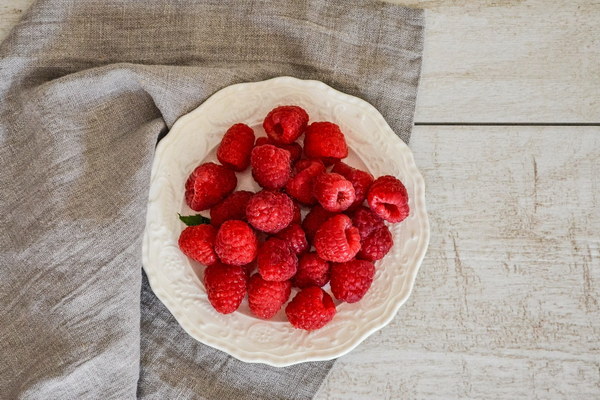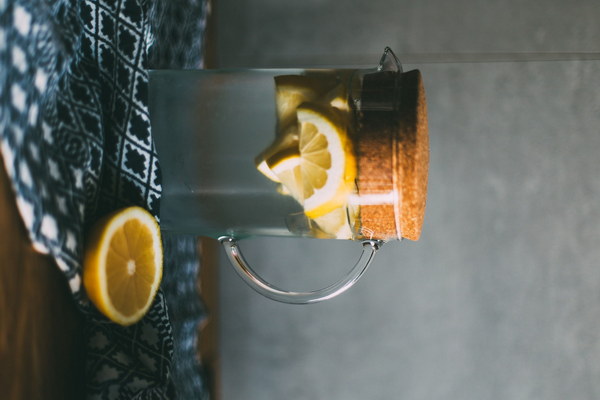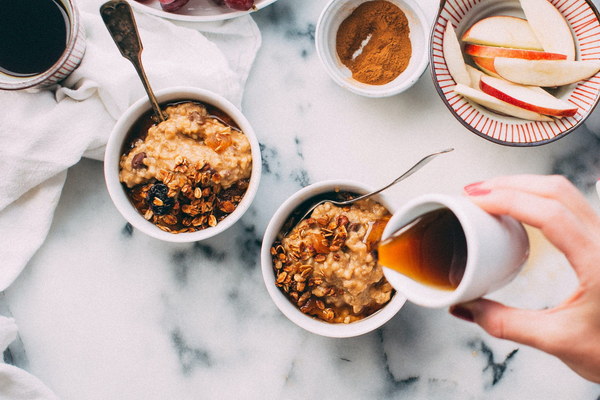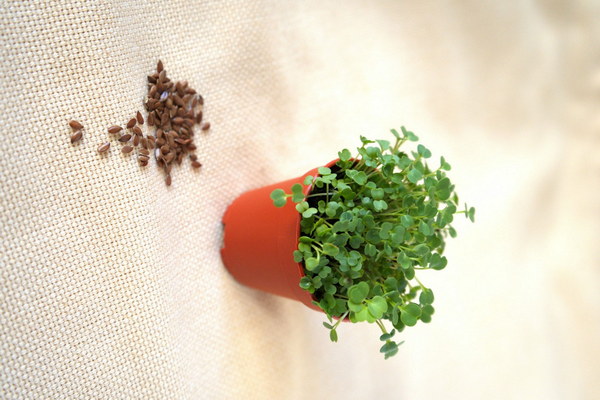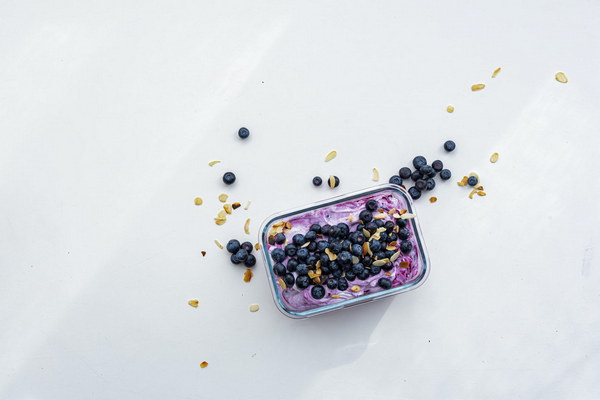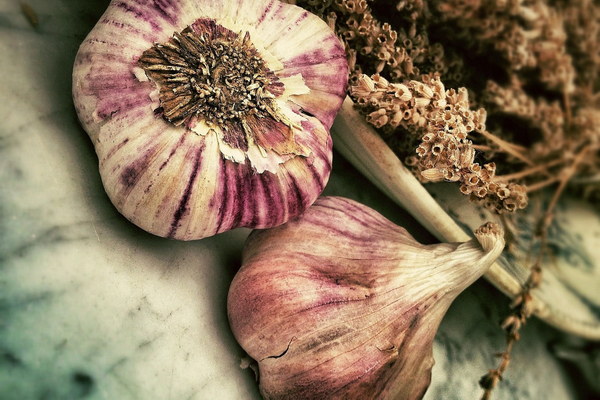Beauty Sleep Discover How Sleep Can Revitalize Your Skin and Enhance Your Appearance
Introduction:
Sleep is often overlooked as a vital component of beauty and skincare routines, yet it plays a crucial role in maintaining healthy, glowing skin. Beauty sleep is not just a myth; it is a real phenomenon that can transform your skin's appearance. In this article, we will explore how sleep can revitalize your skin and enhance your overall appearance, and provide practical tips on how to achieve a beauty sleep routine.
1. The Importance of Sleep for Skin Health
a. Skin Repair and Regeneration: During sleep, your body produces collagen, a protein that helps maintain skin elasticity and firmness. Additionally, the skin's blood flow increases, promoting cell turnover and healing.
b. Reduced Inflammation: Sleep deprivation can lead to increased inflammation, which can exacerbate acne and other skin issues. A good night's sleep helps regulate the body's inflammatory response, resulting in clearer, healthier skin.
c. Improved Skin Texture: Sleep allows the skin to rejuvenate, reducing the appearance of fine lines and wrinkles. It also helps to even out skin tone, leaving you with a more youthful appearance.
2. How to Achieve Beauty Sleep
a. Establish a Consistent Sleep Schedule: Try to go to bed and wake up at the same time every day, even on weekends. This helps regulate your body's internal clock and promotes better sleep quality.
b. Create a Sleep-Inducing Environment: Make your bedroom a haven for relaxation. Keep the room cool, dark, and quiet. Use blackout curtains, earplugs, or a white noise machine to minimize disturbances.
c. Limit Exposure to Electronic Devices: The blue light emitted by screens can interfere with your sleep patterns. Turn off electronic devices at least an hour before bedtime to give your mind a chance to wind down.

d. Practice Relaxation Techniques: Engage in calming activities before bed, such as reading, meditation, or taking a warm bath. These techniques help reduce stress and promote relaxation.
e. Maintain a Comfortable Sleep Surface: Invest in a comfortable mattress and pillows that support your head and neck. A good sleep surface can improve sleep quality and prevent discomfort that may disrupt your beauty sleep.
3. Skincare Routine During Sleep
a. Use Night Creams and Serums: Apply a rich, nourishing night cream or serum to your face, neck, and décolleté. These products are formulated to penetrate deeper into the skin while you sleep, providing maximum hydration and anti-aging benefits.
b. Opt for Gentle Cleansers: Choose a gentle, non-irritating cleanser to remove makeup, dirt, and impurities from your skin before bedtime. This ensures that your skin can breathe and heal while you sleep.
c. Consider Retinoids: Retinoids, such as retinol or tretinoin, are vitamin A derivatives that can improve the appearance of fine lines, wrinkles, and acne. Use them as directed by your dermatologist, as they can be harsh on sensitive skin.
4. Additional Tips for a Beauty Sleep Routine
a. Stay Hydrated: Drink plenty of water throughout the day to keep your skin hydrated and plump. This helps prevent dryness, flakiness, and the appearance of fine lines.
b. Eat a Balanced Diet: A healthy diet rich in vitamins, minerals, and antioxidants can improve your skin's appearance. Include plenty of fruits, vegetables, lean proteins, and healthy fats in your meals.
c. Exercise Regularly: Regular exercise can improve your sleep quality and promote better skin health. It boosts blood flow, enhances circulation, and helps regulate your body's stress response.
Conclusion:
Beauty sleep is a powerful tool for maintaining healthy, glowing skin. By prioritizing sleep, creating a conducive sleep environment, and incorporating a skincare routine tailored to your skin's needs, you can achieve a beauty sleep routine that will leave you looking and feeling your best. Remember that beauty sleep is not just about looking good; it's about feeling good and living a healthier, more balanced life.
